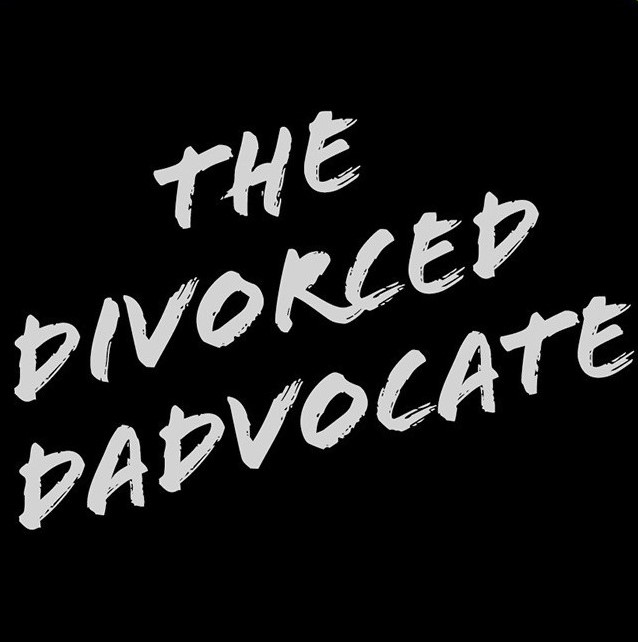5 Ways People Justify Lying

Last spring, I read a book called Killers of the Flower Moon. Maybe you’ve seen the movie. It’s a true story that happened in the 1920s. The Osage people had been kicked off their land several times before finally being shoved onto a useless piece of rocky terrain in northeastern Oklahoma. In fact, the chief of the Osage was glad to know that they’d finally be able to live in peace because no one would want to live there. And then oil was discovered beneath them. The Osage people retained the oil rights and became wealthy. But when one wealthy Osage family began to get murdered one by one, it caught the FBI’s attention. In the investigation, the FBI discovered an elaborate plot to steal the oil rights from family and their wealth along with it. I won’t spoil the ending by revealing the mastermind behind the plot, but one of the perpetrators confessed, and the whole scheme unraveled. One of the most disturbing parts of the book is the attitude of the mastermind after he went to prison. He said, “If (the confessor) had just kept his mouth shut, we’d all be rich.”
How does a person get to a place where he or she is willing to throw away a human life so callously? I think it starts when we justify our bad behavior instead of repenting for it. And one of the worst behaviors we can justify is lying. Lying is bad. Whenever we tell a lie, an internal battle begins. That battle is resolved in one of two ways. Either the lie is exposed and faced or it’s explained away. While the latter is more appealing, it comes with deep, longer-lasting consequences, such as weakened moral strength and a seared conscience. We need to think about the ways we justify lying so we can choose a better direction. Here are 5 ways people justify lying.
1. We tell ourselves we’ll never do it again.
“It’s just this once.” Rather than being truthful and dealing with the consequences, we make a deal with ourselves that we’ll let this one infraction go and never do it again. So we get away with it, or so we think, but it becomes easier to repeat the same behavior. So we end up lying again and make another deal.
The Problem: It’ll catch up with us at some point. I don’t write this to scare anyone, but an important thought for our decision-making is something Jesus said in Luke 8:17—”For there is nothing hidden that will not be disclosed, and nothing concealed that will not be known or brought out into the open.” Being honest and confronting things in the open is the best way to change.
2. We minimize the damage in our minds.
One of the ways to satisfy our guilty conscience is to convince ourselves that it’s not that big of a deal. Thoughts like “what people don’t know won’t hurt them” or “everyone does it” are ways to soothe the heaviness inside. And if the lie is found out and people are hurt, we tell ourselves it’s small and that they should get over it.
The Problem: Lying is bad because it decreases our empathy and connection with others. Even if they don’t find out, we know, and even that creates distance. But if the lie is revealed, then trust is broken. Once trust is broken, it takes a long time to rebuild, and sometimes the relationship never fully recovers.
3. We convince ourselves it’s for a good cause.
This is members only content. You need to login to view the full contents.
If you are not a member of our community, we would love to have you!






Responses